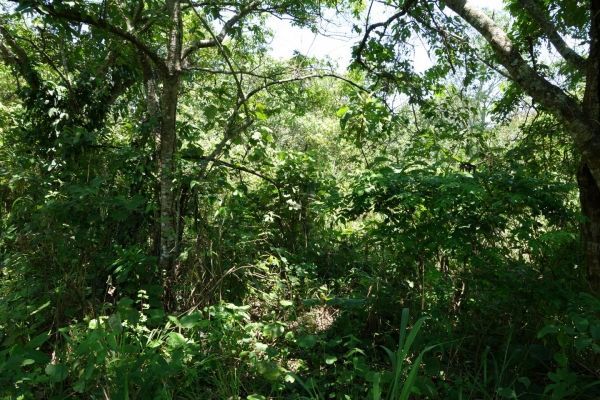International plans to restore forests to combat global warming are flawed and will fall far short of meeting 1.5C climate targets, according to new research by UCL and University of Edinburgh scientists.
The study, published as a comment piece in this week’s Nature, reveals that almost half (45%) of the vast areas that countries have pledged are set to become plantations of commercial trees, a move which will seriously reduce expected carbon uptake and prevent agreements to curb climate change being met.
Lead author, Professor of Global Change Science, Simon Lewis (UCL Geography) said, “There is a scandal here. To most people forest restoration means bringing back natural forests, but policy makers are calling vast monocultures ‘forest restoration’. And worse, the advertised climate benefits are absent.”
“Plantations are much poorer at storing carbon than natural forests. To combat climate change, natural forest restoration is clearly the most effective approach. Well-managed forests can also help to alleviate poverty in low-income regions, as well as conserve biodiversity and support the UN’s Sustainable Development Goals.”
Read more at University College London
Image: 18-year-old naturally regenerating forest (exclusion of fire, some planting of native species) in Kibale National Park, Uganda. The forest supports elephants and many species of monkey after just 18 years. (Credit: S. Lewis.)


